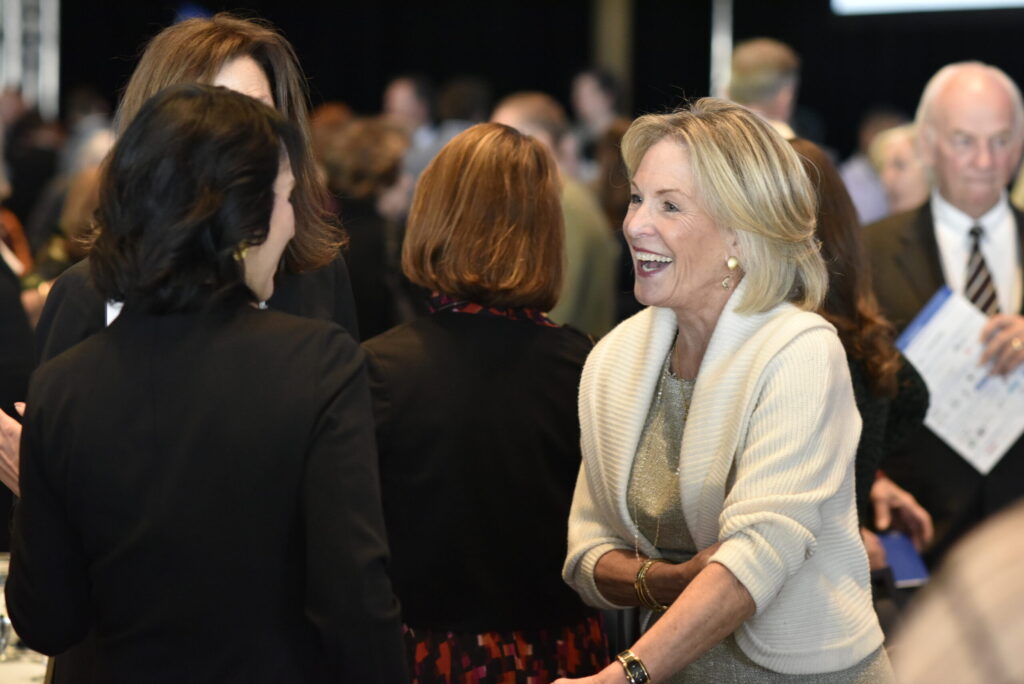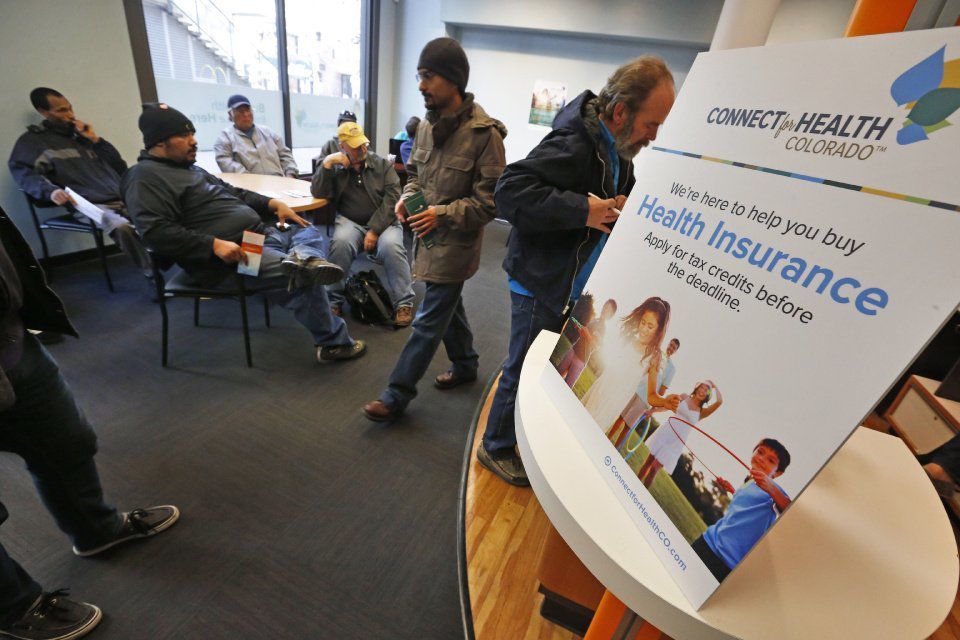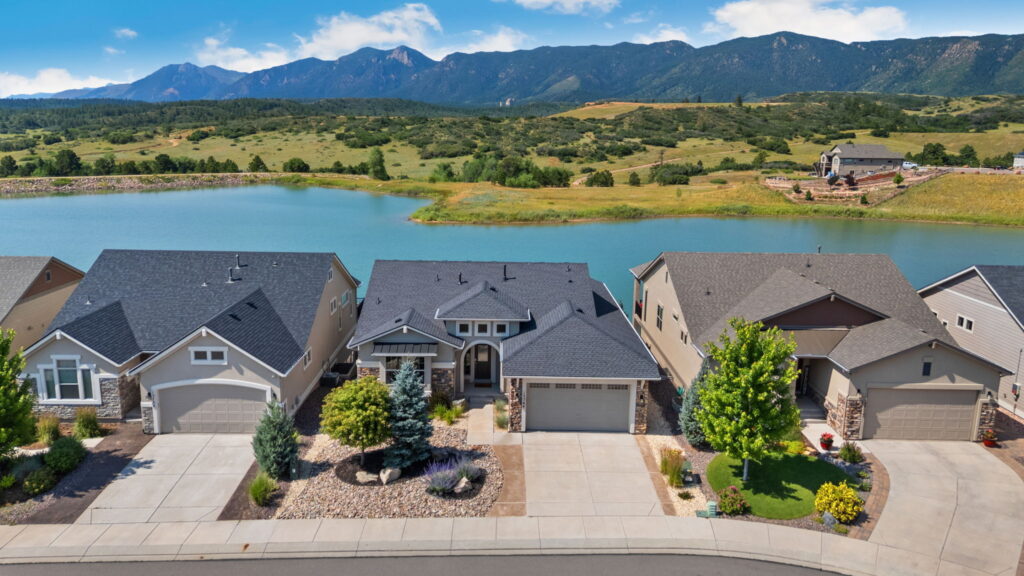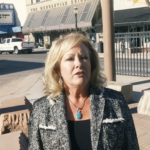Insights: In a web of confusion few Colorado parties are neutral on net neutrality
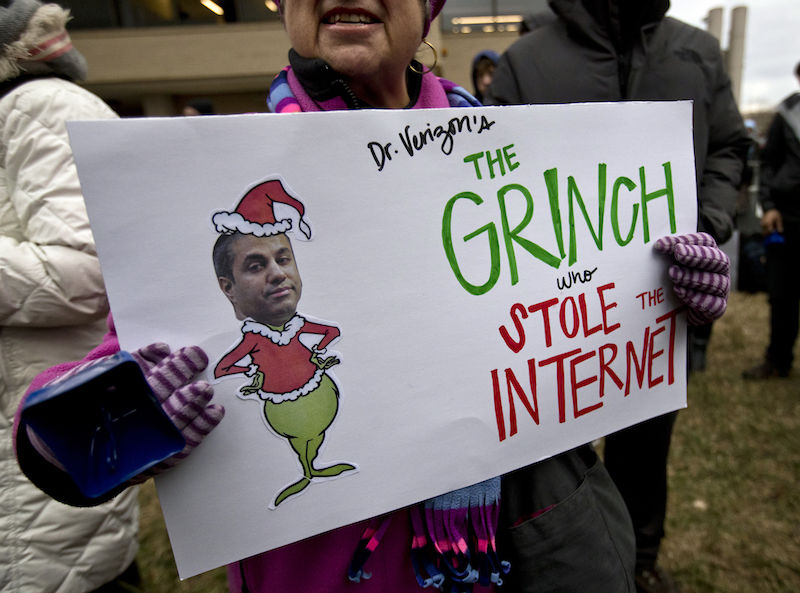
Between the pendulum of fake news and alternative facts, the average citizen trusts in a leap of faith to understand anything out of Washington these days. The issue of net neutrality lays this bare.
Three Republicans outvoted two Democrats on the Federal Communications Commission this month to abolish rules established in 2015 with the open encouragement or President Obama to ensure net neutrality. If you don’t know that means, it’s this: internet providers have to treat all websites the same, or for two years they did. They couldn’t speed up some websites and charge for them for that privilege, at the sake of those sites or customers that can’t afford it.
If you believe my friends on the left, it’s the end of the internet. So long, everything. If you believe my friends on the right, the internet has been set free, prices will fall and the free market will do what it does best, deliver. I’m having a harder and harder time believing my friends.
Like almost everything, the speed of the internet is now a political weapon, and it’s a potent one.
The internet touches almost every facet of our lives now. It’s how we find the quickest route across town, how we met dates, how we read the news, how we book vacations, how we order arts, crafts and groceries to our doorstep. Click, click, click. Fox News predicted the end of the net neutrality could hasten the end of free online porn, and one website alone gets 44,000 clicks an hour. That’s a lot of voters.
Those of us with Cadillac web services in the cities are spoiled every time we want an instant answer to, say, who was the lead singer of Whitesnake (David Coverdale). Just the few seconds that are saved by fast internet feels like the River Styx between the haves and have-nots of live streaming.
That’s the reason towns and cities across Colorado are voting to allow their cities to operate broadband internet, no matter how much it costs.
State Sen. Kerry Donovan, D-Vail, is leading a posse to stitch together providers to bring internet to all of the rural communities across the state. Fast internet allows people to work anywhere, meaning economic development for those communities, as well as basic services such as tele-medicine.
“One of the most important things we can do for the economy of rural Colorado is to make sure they have access to high-speed internet,” U.S. Rep. Jared Polis, D-Boulder, told me over breakfast recently.
Polis is running for governor, but moreover he made his fortune by selling fresh flowers over the internet directly from growers to buyers.
He argues that it will fall to the states to ensure fairness for consumers and small businesses in the pricing and speed of the internet, which means the state must push even harder to extend fast, affordable internet across the state.
Polis said he would follow Washington Gov. Jim Inslee’s lead on using existing consumer-protection lawsuits to maintain net neutrality in his state.
The potential for big companies to squeeze out competition by paying higher fees to internet providers would have been a prime obstacle for starting his business years ago, Polis said.
“The whole beauty of the internet from a business perspective is that little server in your garage has access to the same billion customers worldwide that the Amazons of the world have,” he told me. “That’s what could disappear without net neutrality, because the big players could pay for a higher speed and reach more customers across the world than the start-up in a garage.”
But all those things were possible before 2015, when the Democratic majority on the FCC passed the new regulations, which supporters of rolling back another Obama initiative are quick to point out as a major flaw in the doomsday logic.
There’s not even anything original in this cyber-age discussion. the net neutrality rules is based on the code adopted in the 1930s that was aimed at reigning in a telephone monopoly. How’d that work out?
“I think there’s got to be a way we work it out in a bipartisan manner,” Colorado Sen. Cory Gardner, a Republican from Yuma, told a Youtuber in October. “Look, we don’t want people who are throttling down. but we don’t want government regulation where it shouldn’t (be) … so let’s get it right.”
The Colorado legislature will assuredly take up the issue in the next session. The Democratic majority in the House will likely drop the political hot potato in the lap of the Republican majority, who will be asked to justify future increases in the price of Netflix and the threat to Etsy.
“The danger here is that you’re putting too much power in the hands of a few corporations,” said Rep. Leslie Herod, who plans to carry a bill with fellow Denver Democratic Rep. Chris Hansen.
Hansen said in a Facebook Live broadcast with Herod, “This is an important topic that we have to get right at the state level, as well as at the federal level.”
It sounds like he and Gardner just found common ground.




